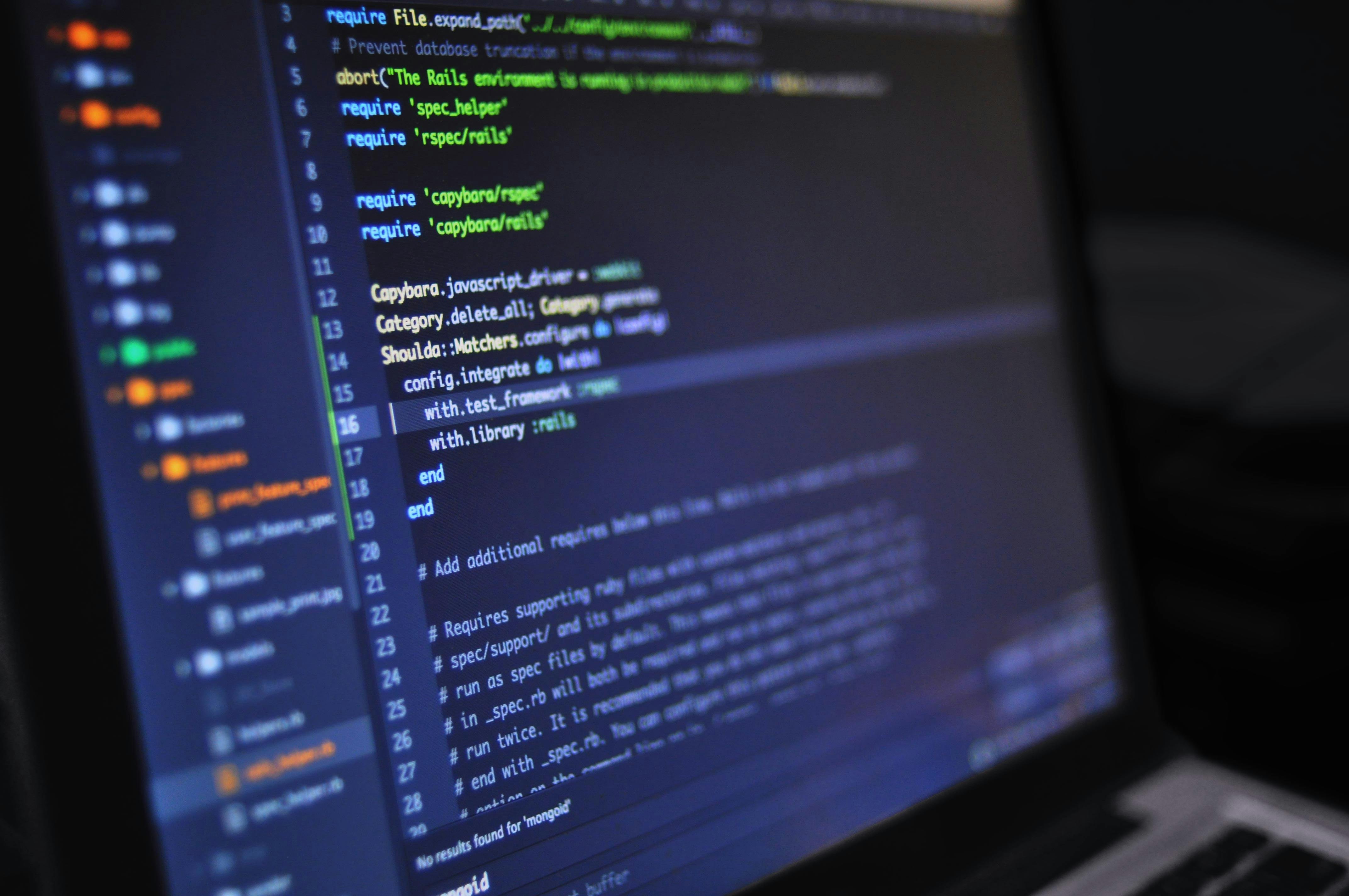
Decentralized Cloud Computing: Revolutionizing Infrastructure Through Blockchain Technology
Decentralized Cloud Computing: The Next Frontier of Digital Infrastructure
Understanding Decentralized Cloud Computing
Decentralized cloud computing represents a paradigm shift in how computational resources are deployed, managed, and accessed across global networks. Unlike traditional centralized cloud services dominated by tech giants like Amazon Web Services, Google Cloud, and Microsoft Azure, decentralized platforms leverage blockchain technology and distributed network architectures to create more resilient, secure, and democratized computing environments.
The fundamental premise of decentralized cloud computing is to distribute computational tasks across multiple independent nodes, eliminating single points of failure and reducing infrastructure costs. By utilizing blockchain's inherent characteristics of transparency, immutability, and cryptographic security, these platforms enable a new generation of computational services that prioritize user privacy, data sovereignty, and network reliability.
Market Landscape and Key Players
Top Decentralized Computing Protocols
-
Dfinity's Internet Computer: A revolutionary blockchain-based platform enabling fully decentralized cloud computing with advanced smart contract capabilities.
-
Golem Network: An open-source, peer-to-peer computational marketplace allowing users to rent and share computational resources globally.
-
SONM (Supercomputer Organized by Network Mining): A fog computing platform that provides distributed computing resources across multiple geographic regions.
Comparative Performance Metrics
| Protocol | Total Network Capacity | Transaction Speed | Cost Efficiency |
|---|---|---|---|
| Internet Computer | 350 PetaFLOPS | 500ms | High |
| Golem Network | 250 PetaFLOPS | 750ms | Medium |
| SONM | 180 PetaFLOPS | 1000ms | Low |
Technological Framework and Legal Considerations
Decentralized cloud computing platforms must navigate complex legal landscapes across multiple jurisdictions. Regulatory frameworks in jurisdictions like Switzerland, the Cayman Islands, and the British Virgin Islands provide nuanced approaches to blockchain-based computational services.
In the United States, regulatory bodies like the SEC and CFTC are increasingly scrutinizing decentralized computational platforms, focusing on securities classifications, data protection regulations, and potential financial implications. European regulations, particularly GDPR, impose stringent requirements on data handling and user privacy.
Economic and Technological Implications
The economic potential of decentralized cloud computing extends far beyond traditional infrastructure models. By creating more efficient, transparent, and cost-effective computational marketplaces, these platforms democratize access to high-performance computing resources.
Advanced use cases include scientific research, machine learning training, rendering complex 3D graphics, and supporting emerging technologies like artificial intelligence and Internet of Things (IoT) networks. The ability to leverage globally distributed computational resources represents a significant technological breakthrough.
Future Technological Trajectories
Emerging trends suggest decentralized cloud computing will play a critical role in Web3 infrastructure development. Integration with edge computing technologies, advanced cryptographic protocols, and artificial intelligence will likely accelerate adoption and innovation.
RWA.codes Expertise
At RWA.codes, we specialize in developing sophisticated blockchain infrastructures and decentralized computing platforms. Our multidisciplinary team combines deep technological expertise with comprehensive legal understanding, enabling us to design, implement, and support cutting-edge decentralized computational solutions tailored to diverse industry requirements.